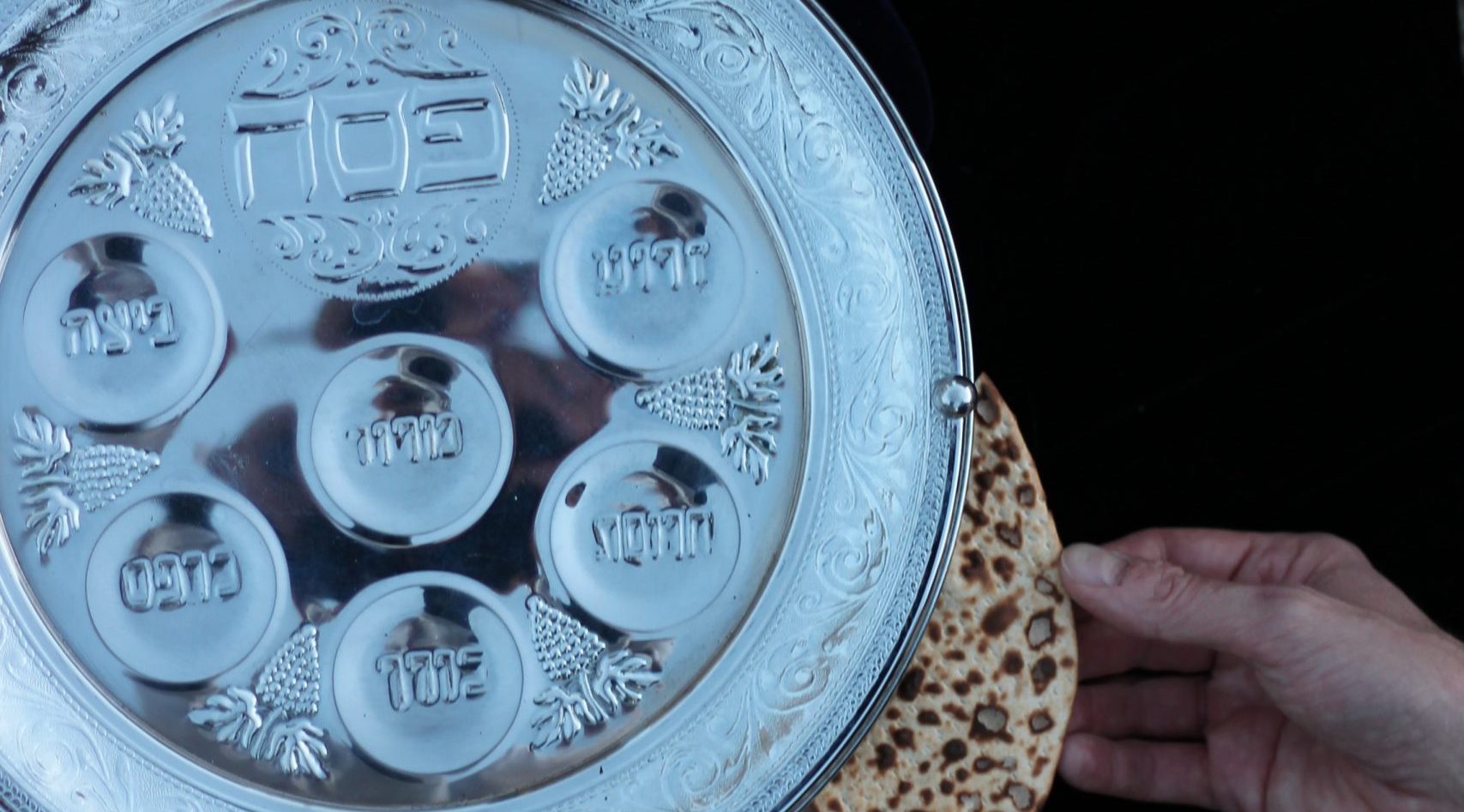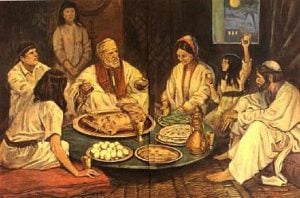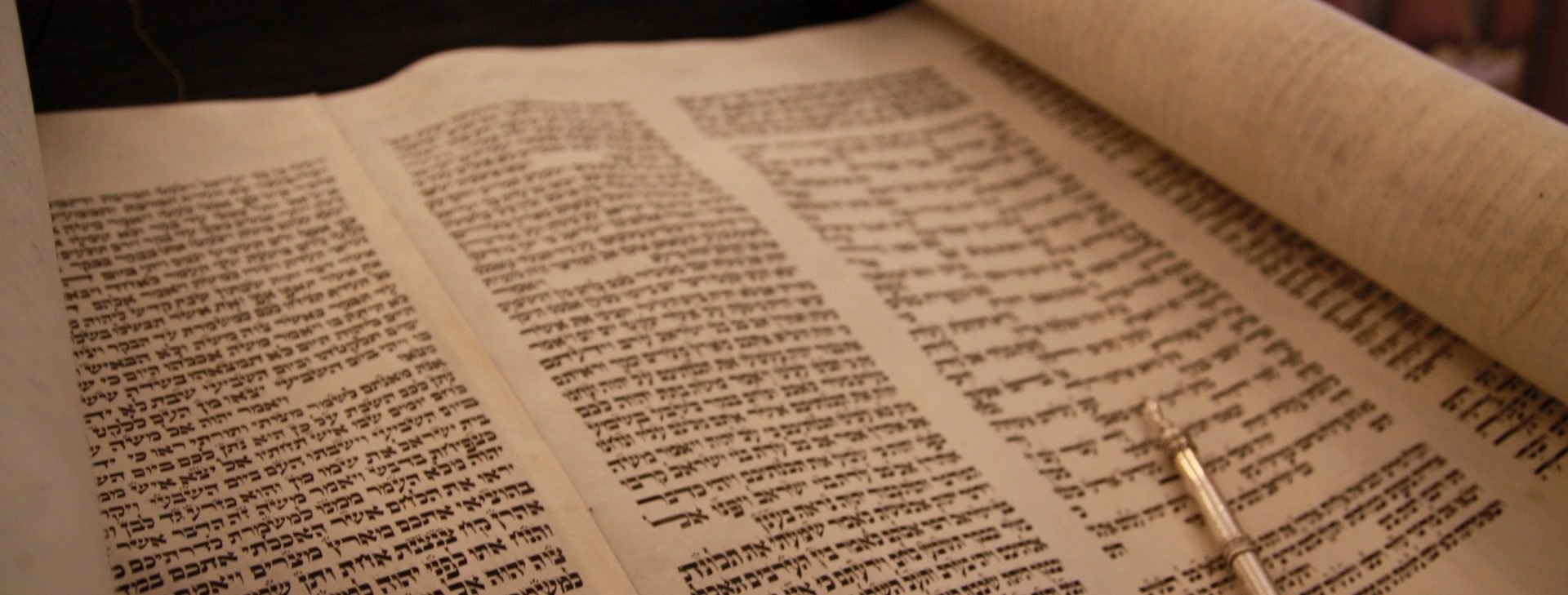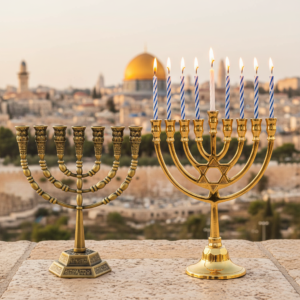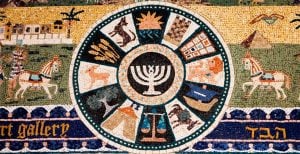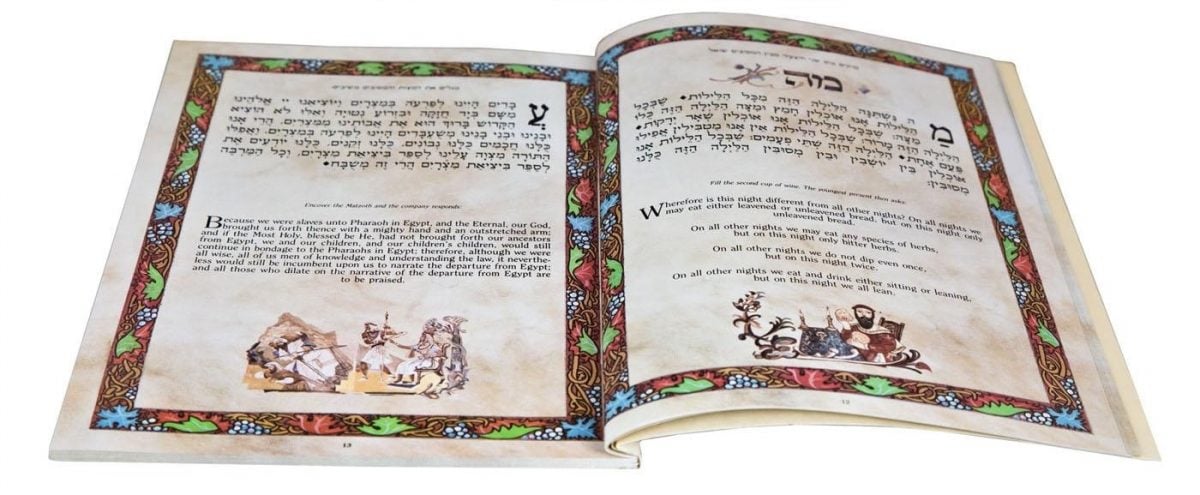
The Haggadah, which means ‘telling’ is a commandment in the Torah, developed in part from "You shall tell it to your child on that day" (Exodus 13:8) with respect to the events of leaving Egypt. Crack open any Haggadah though and you’ll see numerous other steps beyond simply reciting the story, and conversely many other parts of the Torah, like some events in Genesis, are also mentioned. Although the Torah does not refer to a Haggadah as such, the Haggadah satisfies a commandment laid out in the Torah.
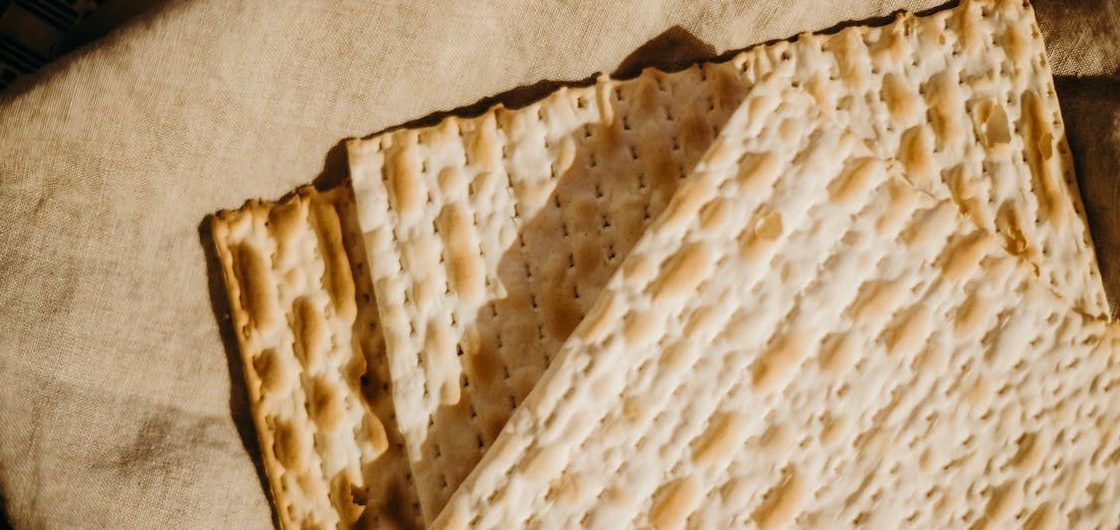
Likewise, the matzah and the wine are both Seder mitzvot (commandments), sourced differently. The mitzvah to eat matzah comes from “...you shall celebrate it as a festival for all time. Seven days you shall eat matzah…” (Exodus 12:14-15). Meanwhile, while the 4 cups of wine correspond to the four expressions of redemption mentioned in Exodus 6:6-7, it is only known that these are associated with wine from the Oral Torah, specifically, tractate Pesachim (10) in the Talmud Yerushalmi. Everything in the Seder will be sourced like one of these, like the section Barech commanded in the Torah, and the Seder Plate food items that are Rabbinic.
Finally, the korban Pesach (Passover offering) cannot be performed these days, despite the mitzvah of sacrificing the lamb in Exodus 12, as the Temple has been destroyed, but this will resume once it is rebuilt.
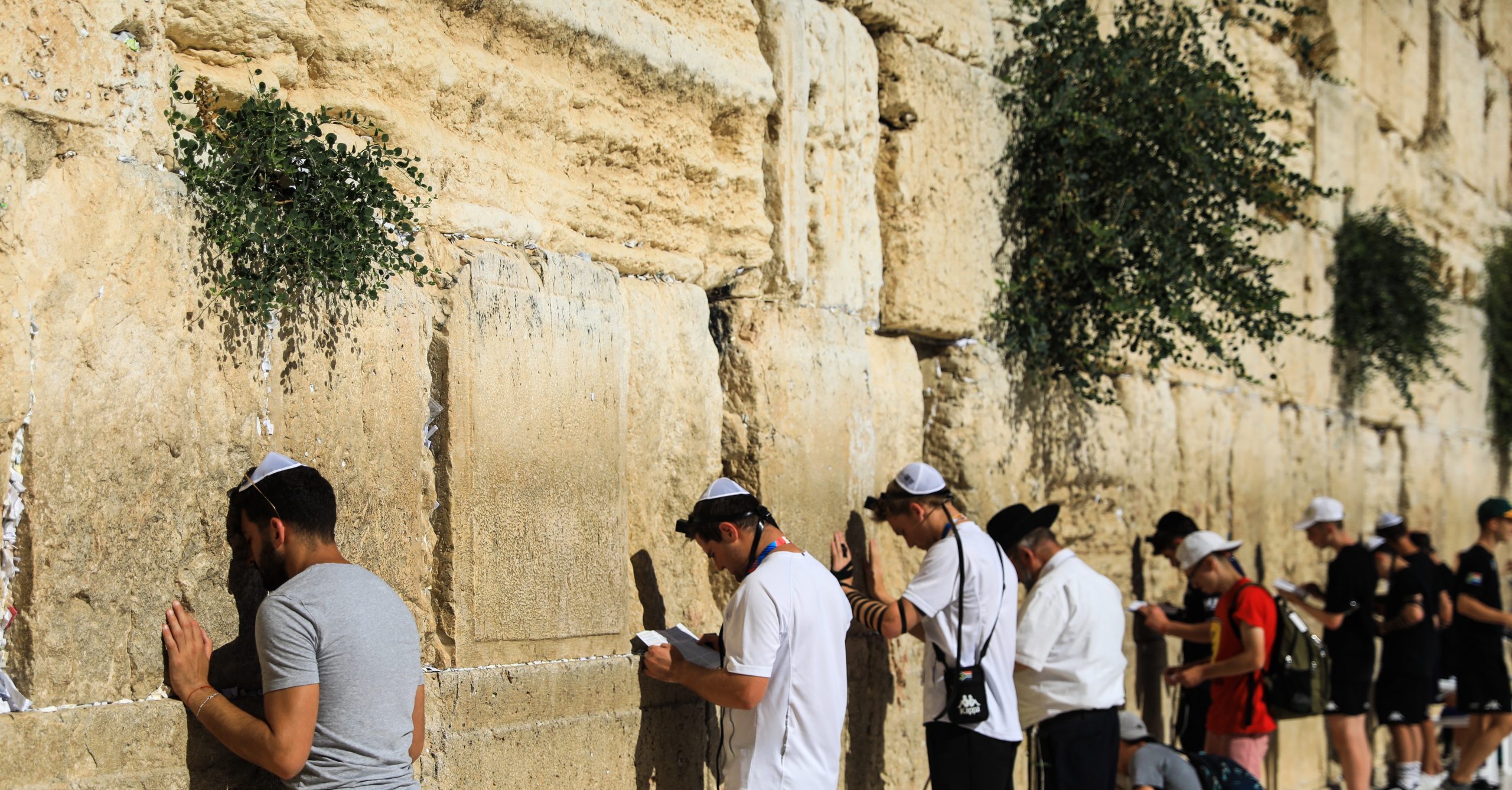
The Haggadah therefore is not one of the books of the Torah, but is still at its heart a part of the Torah, combining many different Passover-sources with original text. It compiles passages from the Torah, related commandments, and in its own way retells the Exodus story in a unique, multisensory way.
Having learned more about the Haggadah, be sure you have exactly what you need for the most meaningful Passover Seder this year!
